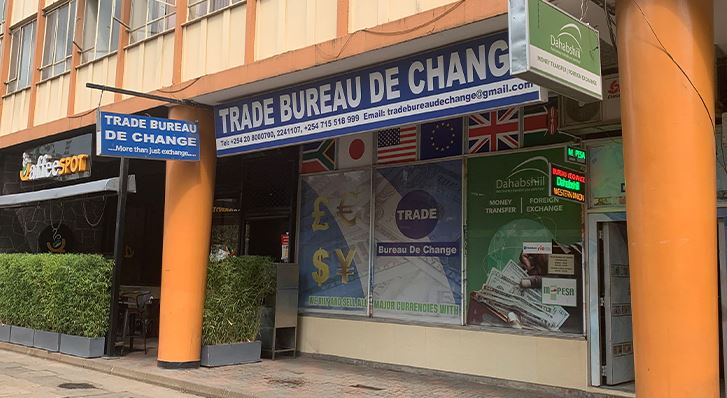 A new poll by Infotrak research firm reveals that a majority of Kenyans, constituting 73 percent, are either in severe financial distress or are struggling to make ends meet.
A new poll by Infotrak research firm reveals that a majority of Kenyans, constituting 73 percent, are either in severe financial distress or are struggling to make ends meet.
Among the affected population, 18 percent are in severe financial distress, while 55 percent are grappling to make ends meet.
According to Johvine Wanyingo, Infotrak research manager, the poll indicates that the current economic challenges have compelled 45 percent of Kenyans to engage in side hustles to augment their income.
Additionally, 41 percent have cut down on non-essential expenses, and 18 percent have resorted to taking out loans to bridge the financial gap.
The economic challenges have resulted in 48 percent of Kenyans experiencing heightened stress and anxiety, 32 percent facing strain in relationships, 21 percent encountering physical health issues, and 18 percent grappling with mental health issues.
The survey, conducted between December 18 and 19, 2023, reveals that amid the soaring cost of living and an increased tax burden, only 5 percent of Kenyans are living comfortably.
Concerning age groups, individuals between 18 and 26 years, as well as those above 55 years, are the worst hit, both standing at 77 percent.
North Eastern at 78 percent is the most affected region followed by Coast at 76 percent, Central at 74 percent, and Rift Valley at 73 percent.
Coping Mechanisms
According to the survey, involving 1,500 respondents, Kenyans have adopted various coping mechanisms, with 45 percent seeking additional employment or income sources, 41 percent cutting back on non-essential expenses, 18 percent taking out loans, and 15 percent borrowing money from friends, among other strategies.
Regarding gender, the majority of men, at 47 percent, are seeking additional employment or income sources, and 44 percent are cutting back on non-essential expenses. In contrast, most women, at 21 percent, are resorting to taking out loans.
Family and friends, at 48 percent, have been the most helpful support network, followed by government assistance programs at 24 percent, NGOs at 19 percent, online financial management resources at 12 percent, and employer assistance programs at 10 percent.
The majority of females, at 52 percent, rely on friends and family for support.
Meanwhile, the future also looks bleak, with 48 percent of Kenyans anticipating an increase in the cost of living, 67 percent expect school fees to rise, 51 percent foresee an increase in the cost of energy, 56 percent anticipate a rise in unemployment, 40 percent expect the cost of fertilizer to increase, and 52 percent believe the dollar exchange rate will rise.
A total of 26 percent express the need to reduce the cost of living, while 13 percent advocate for reducing fuel costs and creating employment opportunities. Additionally, 12 percent suggest reducing taxation, 6 percent emphasize supporting the agriculture sector and providing loans with low interest, 3 percent prioritize ensuring food security nationwide, and 2 percent call for improvements in the health sector.
The poll has a margin of error of +/-2.53 and a confidence level of 95 percent.








